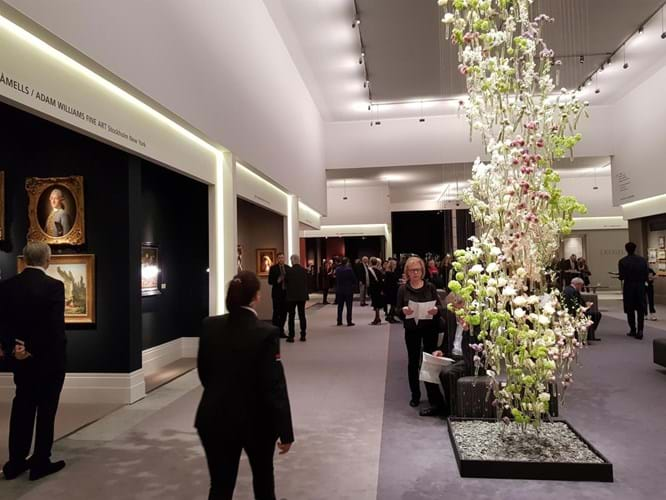Nanne Dekking, chairman of TEFAF’s Board of Trustees, said there were “tanks on the art market's lawn" when it came to transparency.
His comments came in the same month that the FBI indicted London dealer Matthew Green and five others in a $50m securities fraud and money-laundering court case, charging Green with offering to use the sale of a Picasso painting to launder money.
Media reports of the case quoted one of the defendants describing the art market as “unregulated”.
Avoid regulation
Dekking, who was interviewed at the TEFAF Symposium, said that companies can be self-regulatory to a point where they won't require outside regulation. TEFAF, with its extensive vetting, was an example of this process at work, he said.
Part of the pressure to be more transparent, Dekking continued, was because "people today are more risk averse, particularly younger buyers". He favours the maintenance of long, detailed records on the ownership of works of art and the use of new technologies. However, he admitted that some provenance records would be difficult to produce retrospectively.
Dekking’s own company, Artory, is creating an independent register of art using blockchain technology to store unalterable information about works of art.
Luring millennials
By addressing transparency, Dekking suggested, the art world will be able to look towards a new buyer base, in particular millennials, rather than remaining mired in analysis of its existing buyers. It is "baffling that in the art market we focus on existing art buyers rather than looking for new clients," he said.
TEFAF Maastricht opens to the general public on Saturday (March 10) and runs until Sunday, March 18.






